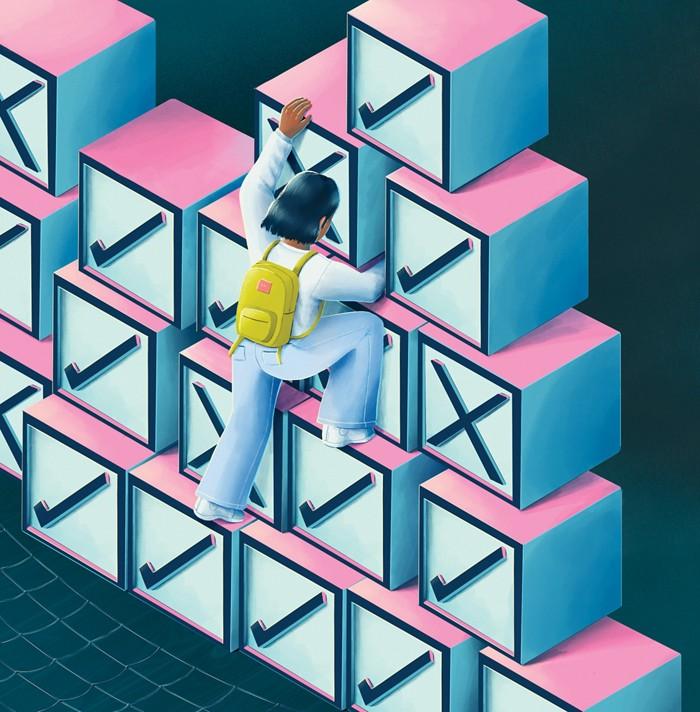Alternatives to traditional letter grades in education have gained traction as educators seek more holistic and meaningful ways to assess student performance.
Alternatives Letter grades, often oversimplified and lacking nuance, can be replaced by more comprehensive assessment methods that better capture a student’s growth and capabilities.

Narrative Assessments: Narrative assessments provide a detailed written account of a student’s performance, highlighting strengths, weaknesses, and areas for improvement. This approach offers a richer understanding of a student’s progress and allows for personalized feedback.
Competency-Based Education: In competency-based education, students progress at their own pace and demonstrate mastery of specific skills or knowledge before moving on. Instead of letter grades, they receive assessments that signify mastery, promoting a deeper understanding of the subject matter.
Rubrics and Descriptive Feedback: Rubrics outline specific criteria for evaluating student work, offering a more detailed evaluation than a letter grade. Descriptive feedback highlights both strengths and areas for improvement in a student’s performance.
Portfolios: Portfolios showcase students’ work over time, offering a comprehensive view of their progress. Students can reflect on their growth and development, and teachers can provide feedback beyond a simple letter grade.
Peer and Self-Assessment: Encouraging students to assess their work and evaluate their peers can be a valuable learning experience. This process promotes self-reflection, critical thinking, and a deeper understanding of the subject.
Project-Based Assessment: Students can demonstrate their ability to apply knowledge and skills in real-world contexts through project outcomes, which serve as evaluation criteria.
This approach emphasizes practical application over test scores.
Mastery Transcripts: Mastery transcripts provide a detailed breakdown of a student’s skills, competencies, and achievements, allowing colleges also employers to gain a more comprehensive understanding of the student’s abilities.
Pass/Fail or Credit/No Credit: Some institutions opt for a binary grading system. Indicating whether a student passed or failed a course. This approach minimizes grade-related stress and focuses on learning outcomes.
Standards-Based Grading: Standards-based grading assesses student performance against specific learning standards. Students receive feedback on their proficiency in each standard, providing a more detailed picture of their strengths and weaknesses.
No Grades at All: Some alternative education systems, such as the Sudbury model, forgo grades entirely. Instead, they emphasize self-directed learning and personal growth without traditional assessments.
Conclusion
These alternatives to letter grades acknowledge that education should be about more than a simple numeric or letter-based evaluation.
They focus on meaningful learning, continuous improvement, and the development of essential skills and knowledge. Ensuring that students are better prepared for the complexities of the real world. 바카라사이트
